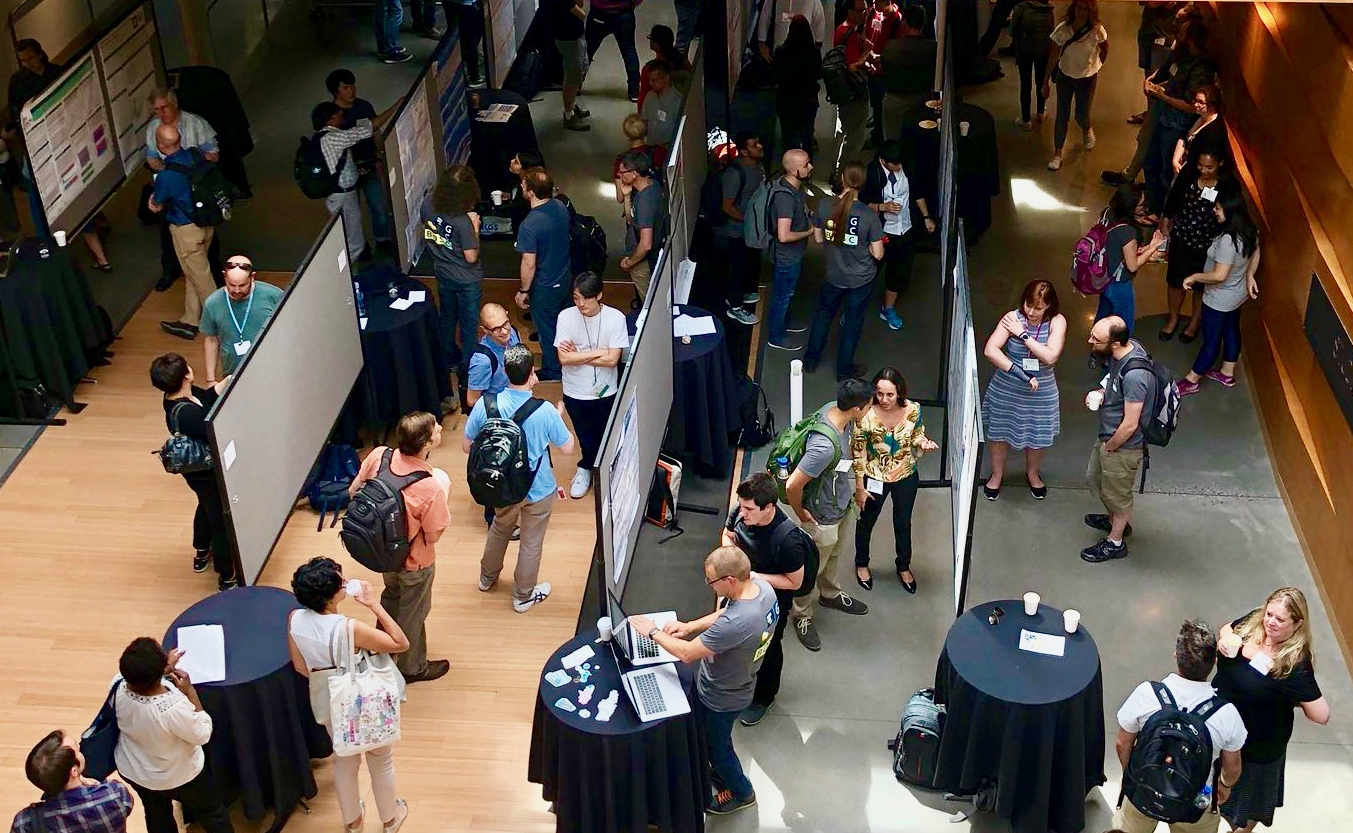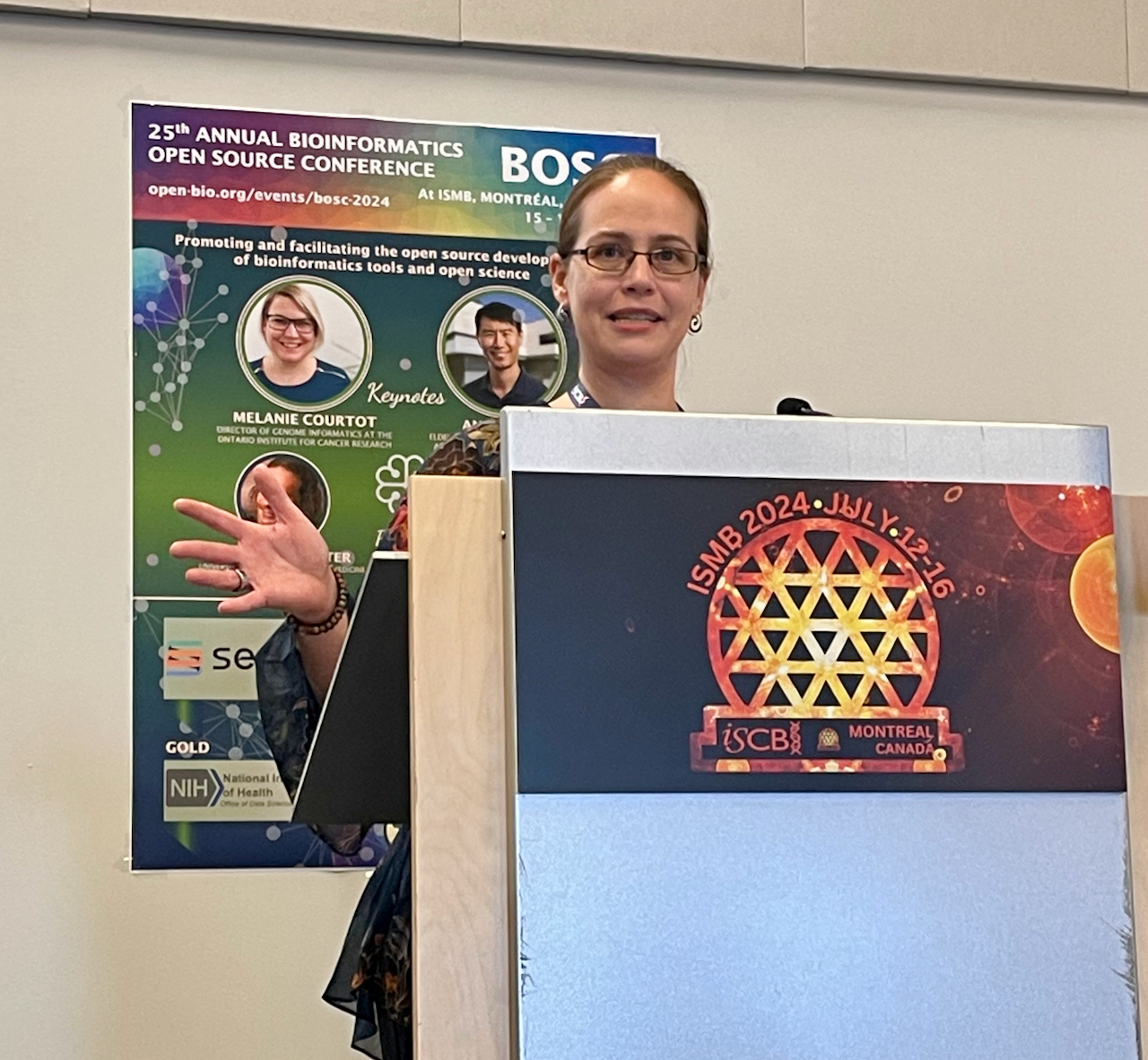Biopython 1.77 has been released and is available from our website and PyPI.
This is the first release since we dropped support for Python 2.7 and 3.5. Focusing on Python 3.6 or later will let us take advantage of new functionality and syntax, and simplify our code base and testing.
This release of Biopython supports Python 3.6, 3.7 and 3.8 It has also been tested on PyPy3.6.1 v7.1.1.
pairwise2 now allows the input of parameters with keywords and returns the alignments as a list of namedtuples.


